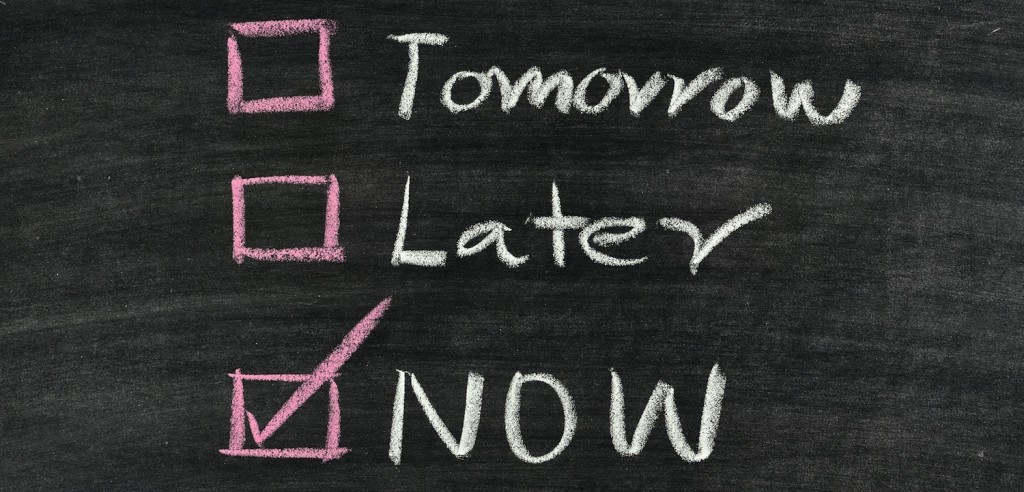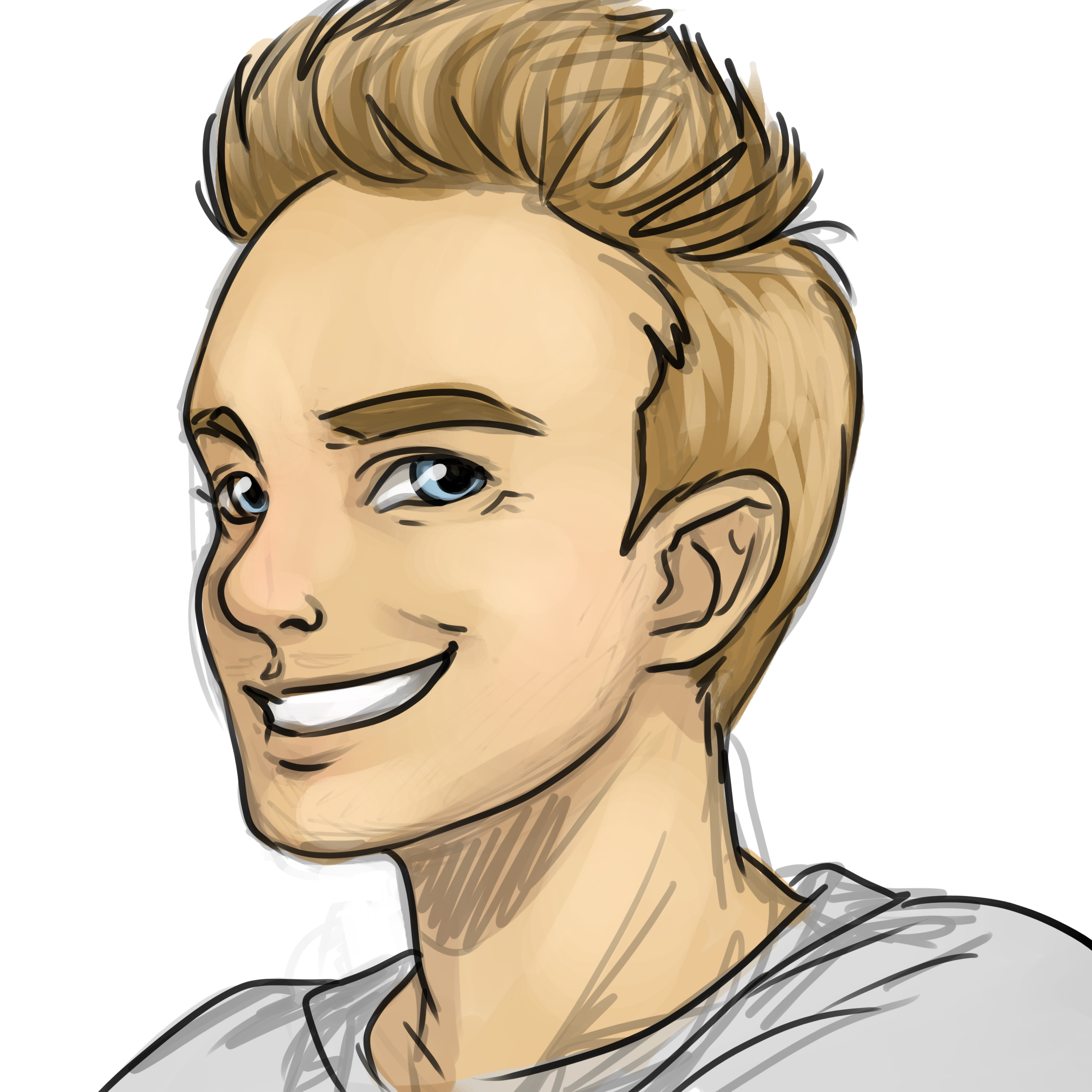Doing and Dreaming: an Interview with Emerging Author Cassandra Frances.

Hi folks. During this past week I’ve been reflecting on the fact that there are two types of writers when it comes to publishing: those who do, and those who dream. Not everyone makes the leap from thinking about writing and publishing a work, and actually taking steps toward making it happen.
Someone I know who’s taking bold steps towards her publishing dream is Melbourne emerging YA author Cassandra Frances. This week, we caught up to chat about Cassandra’s experience going from dreaming to doing with her writing.
Ian: Hi Cassandra, thanks for making the time to chat about the dreaming and doing dilemma.
Cassandra: No problem!
I: So maybe we can start with the beginning – have you always been interested in?
C: Well, I wrote my first book at 7 which was a blatant rip off of Labyrinth, except that it featured me as a goblin princess. It did pretty well, in that my teacher gave me a gold sticker even though it had nothing to do with the actual task we’d been given in class.
I: Let’s be honest – that’s enough motivation to last at least a year.
C: For sure. I realise now that I had always wanted to be a writer, though it took until I was 26 to actually have the confidence to admit it to myself.
I: That’s a big gap.
C: I know! Somewhere along the way someone said to me that I couldn’t possibly be a writer (probably another teacher) and I gave up on the idea for a long time. Which now makes me a bit sad to think about it.
I: Wow, that’s harsh. I think adults often underestimate the influence a few discouraging words can have on a child. So what happened during those intervening years?
C: During that time I did think a lot about writing and stories (I consider stories what I do and words the medium with which I make them with) and I guess that put me first in the dreamer category of writer. Which we all need to be first. I mean, I’ve got my Oscar speech for best adapted screenplay already written in my head. And it’s an important part of the dreaming – the ‘Well why not me?’ aspect.
I: Totally. So when did you start thinking about seriously writing again?
C: It’s hard to pinpoint when I really started thinking about writing again. I think it was when I was dumped in public by a man that I was ridiculously in love with. I went home after crying in the streets and wrote out all these stories as some sort of revenge. But what was different from writing angsty journal entries was that I went back and rewrote them, and started polishing them, and I found that as satisfying as the initial outpouring of emotion. I entered one of those stories in a competition and it was the runner up, so I realised that maybe, just maybe, what I had to say could resonate with people.
I: What an outcome. So was it all smooth sailing from that point?
C: Well, not every story had the same level of immediate success! At some point, I realised that I needed to put my butt in a chair and make up a spreadsheet to keep track of my submissions and rejections. That was when I realised that I was doing something more than just thinking about being a writer.
I: So after that you went and studied literature – how did you find that experience?
C: I’m an academic sort so it made sense to me to go studying writing formally, which I did at the University of Melbourne’s Master’s program. There’s a lot written for and against formal study of creative writing but I know that what I learned in those two years would have taken me ten years on my own. And the bottom line is always that you get out what you put in.
I: Agreed. So where are you at now? How are you putting your dreams into action?
C: I’ve finished my masters, and starting to get a decent portfolio that I am shopping around. I’ve put my oscars speech aside for the moment and am just focusing on a book launch speech!
I: Good plan! So is there any advice you’d give to all the aspiring authors dreaming out there?
C: Advice. Hmm, I’m always wary of giving advice because some of it becomes too rigid and people become bogged down by things like ‘write what you know,’ and ‘show don’t tell,’ but, to thine own self be true (Shakespeare is great and still worth copying off). So don’t write what you think will be popular. When you are ready get a empathetic writing group to share your work and importantly gripe about all the things that come with writing. Courses are great if you are prepared to do the work afterwards and are a great way to dip your toe in the water.
I: So what’s your advice for writers looking for a place to start ‘doing’?
C: Just start. If it’s not the right place, you’ll get there. Whether you write on your own for a few years then do some courses, or if you dive into some of the excellent Writers Victoria courses. You’ll find the right place. The bottom line is, if want to be a writer, make sure writing is something you do the majority of your time. When you write more than you do any other hobby, that’s when you can start calling yourself a writer.
I: Love it. Thanks heaps for your time Cassandra, and all the best with your ongoing publishing journey!
C: Anytime.
It was great hearing about Cassandra’s experience first-hand. The question is: what step are you going to take with your writing today? I’m on my own publishing journey, and if you’re keen to see how it unfolds, sign up to my new mailing list to be the first to know any developments!
